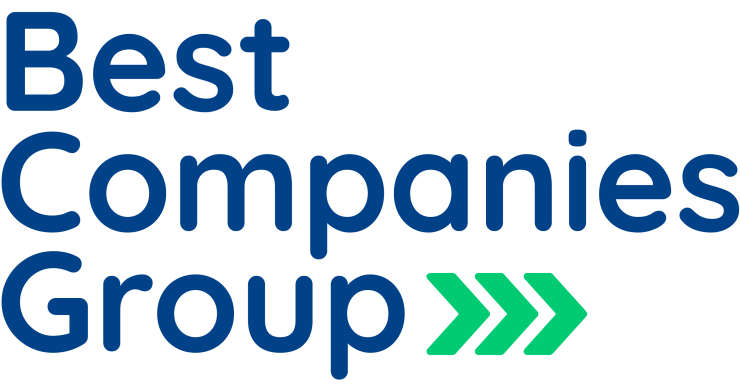The rise of Artificial Intelligence (AI) has brought a significant shift in various industries, and Human Resources (HR) is no exception. With AI’s increasing integration into human resources practices, professionals in this field are witnessing a transformative era where technology not only streamlines operations but also enhances the workforce experience. This blog post delves into its impact on human resources, offering insights and practical advice for HR professionals navigating this new landscape.
Understanding AI’s Role in HR
AI in HR is not a novel concept; it has been evolving and aiding HR leaders in optimizing their workdays. The latest development, generative artificial intelligence, stands out for its ability to create human-like responses and content. This differs from extractive AI, which primarily pulls and presents information from existing sources. Generative AI, with its advanced capabilities, is reshaping the way tasks are approached, adding a layer of sophistication to HR solutions.
The Strategic Application in Human Resources
Intelligent HR refers to the strategic use of data, analytics, and artificial intelligence in human resources. This approach involves employing technologies like machine learning and predictive analytics to automate routine tasks and gain actionable insights. AI-enabled HR improves efficiency in internal processes and creates more personalized experiences for employees and candidates.
Key Areas Impacted by AI in HR
- People Analytics: It allows HR professionals to analyze data, forecast outcomes, and drive strategic decision-making. For instance, Google’s Project Oxygen used data to identify traits of high-performing managers, significantly improving their management development programs.
- Recruitment: There are algorithms that analyze resumes, predict candidate success, and minimize bias, streamlining the hiring process. Platforms like HireVue use artificial intelligence to evaluate candidate interviews, aiding in identifying high-potential individuals.
- Onboarding: Platforms like IBM’s Watson offer personalized orientations to new hires, reducing HR workload and enhancing the integration process.
- Performance Monitoring: Traditional annual reviews are giving way to continuous feedback systems, enabling a more tailored approach to employee development.
- Training and Development: This tech helps create personalized training programs, catering to individual performance, interests, and career aspirations.
- Safety and Wellbeing: Intelligent HR departments use it to monitor behavioral patterns and stress levels, improving workplace safety and employee wellbeing.
The Human Element
Despite the technological advancements, the “human” aspect in HR remains paramount. Data-driven, AI-enabled HR should enhance HR functions, not overshadow them. The integration of AI should be strategic, aiming to improve processes while keeping the human touch central to all operations.
Embracing AI in HR: Opportunities and Challenges
There are both opportunities and challenges. HR professionals must balance the power of data and AI with the need to maintain a people-centric approach. This balancing act involves understanding the nuances of these technologies, such as the differences between extractive and generative AI, and implementing them in a way that complements human oversight.
Navigating the Landscape in HR
- Choosing the Right AI Solutions: When selecting solutions, it’s essential to consider the vendor’s experience, data privacy, compliance, and the human oversight element.
- Understanding AI Ethics and Compliance: Partnering with vendors who have a strong ethics policy and compliance strategy is crucial.
- Integrating AI with Human Oversight: Ensuring there is human oversight in AI tools is vital for accuracy and addressing bias.
Five Key Takeaways
- AI is Transforming HR: This new technology is not just about automation; it’s about enhancing the HR function with advanced capabilities. If you’re wondering how your people feel about the tech and resources they already have, ask them.
- Strategic Application is Key: The value of AI in HR lies in its strategic application, improving efficiency while keeping the human element intact.
- Generative vs. Extractive: Understanding the difference between these two types of AI is crucial for effective implementation in HR practices.
- Ethics and Compliance Matter: Ethics and compliance are vital in deployment, particularly in sensitive areas like HR.
- Human Oversight is Essential: Despite its advancements, human oversight remains critical to ensure accuracy and address potential biases.
In conclusion, as AI continues to evolve, HR professionals must adapt and learn how to leverage these technologies effectively. By understanding and embracing its potential, HR can not only improve operational efficiency but also enhance the overall employee experience, ultimately driving organizational success in this digital age.

